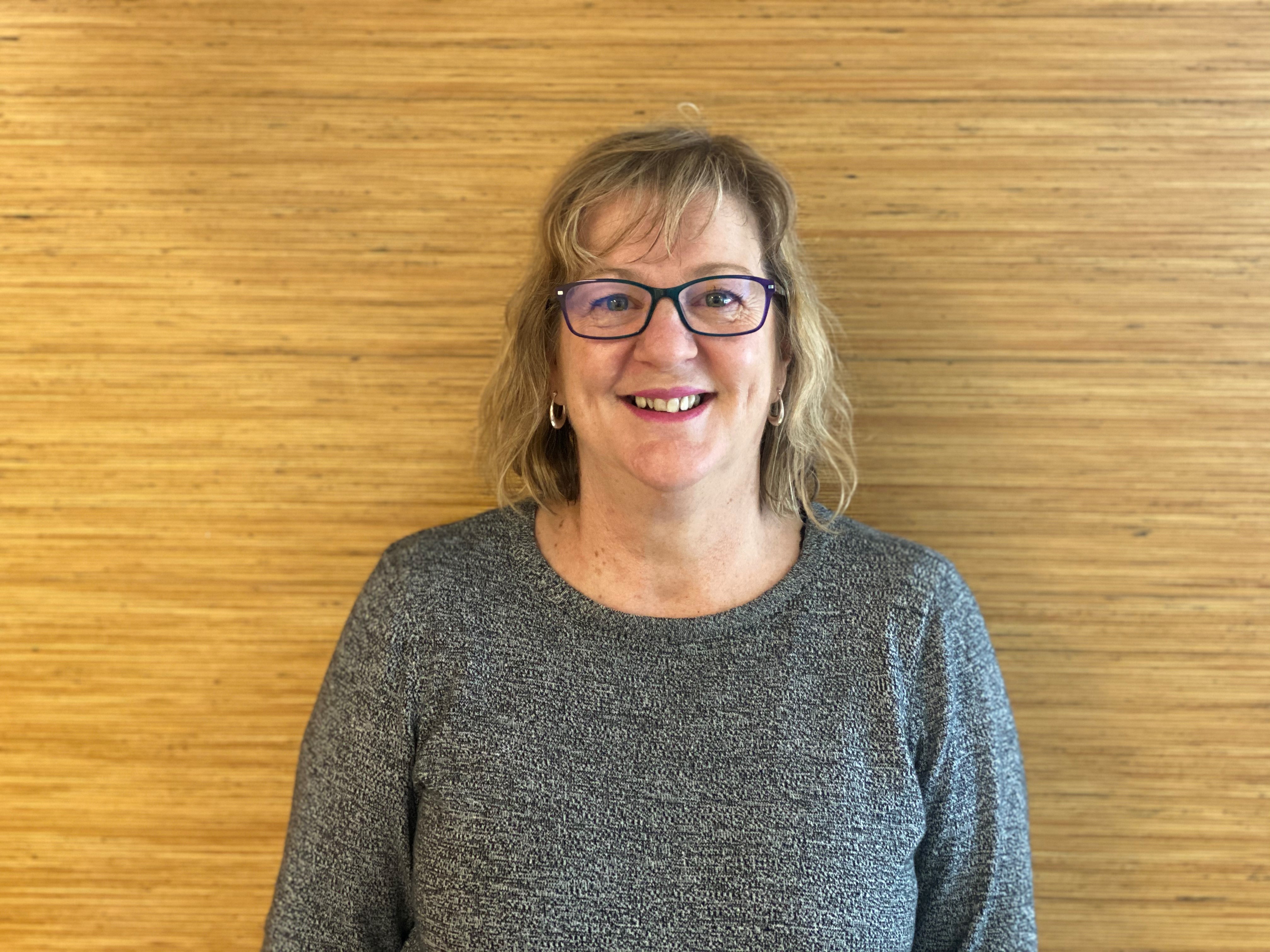Meet our Prostate Cancer Specialist Nurse

Prostate Cancer Specialist Nurse Gay Corbett is encouraging people in the Grampians region to be screened for prostate cancer as recommended by their general practitioner.
With a background in nursing and education, Gay has been Ballarat Health Services’ Prostate Cancer Specialist Nurse since 2014. Her role is to follow patients through the trajectory of their prostate cancer experience, providing support and guidance for them and their families.
“I’m there at the point of diagnosis to offer support, I provide information to take home and read and then I will follow up 4 or 5 days later when things have had a chance to settle,” Gay explains. “Then they will often go off for scans, and I’ll explain what to expect from those scans, and at their next appointment we discuss what their treatment options are.
“I always allow them time to ask questions and understand the impact of their treatment. I try to ensure the patients are well informed about prostate cancer treatments before they make their final decision.”
While patients may have other treatment-specific supports, Gay is their constant point of contact and is also able to refer to other disciplines depending on their needs.
“I often refer them to continence physio, the prostate cancer support group, an exercise physiologist or psychologist,” Gay says. “I can also suggest programs through the Wellness Centre like Fed Up with Fatigue, Why Wait for Wellness which I encourage my patients to go through.
“I do a lot of support in the sexual functioning space, with my Sexual Wellness after Treatment (SWAT) program and When Prostate Cancer joins you in the Bedroom which is a group session that I encourage patients and their partners to join – it’s a very welcoming space.”
Gay also attends and provides support to the four Prostate Cancer support groups throughout the region. She was the first Prostate Cancer Specialist Nurse to service the Grampians region, and says she is continuing to learn as treatments change and patient awareness improves.
“Prostate cancer has changed dramatically, with significant changes to treatment and also an improvement in health literacy from our patients,” Gay says. “People are more aware of the services that we offer and are open to suggestions for improving their health outcomes.
“We work in a multidisciplinary team which is great because we can provide patients with a treatment plan that will meet all of their needs, and part of that need is having one constant to provide support throughout all the stages – and that’s what I am.”
Gay is still in contact with patients who she met when she first started in the role, and is happy to be able to provide support for patients who are living with or have overcome prostate cancer.
“I don’t just stop when the treatment stops, I cover what they call the survivorship phase to help with any ongoing issues,” Gay says. “The care we provide is very patient-centred, and there’s so much trust between me and the patients.
“I have patients who ring me for years after their treatment for all sorts of things, whether they’re concerned about something or the disease has progressed or if they want their erectile dysfunction managed.”
Gay says that getting screened for prostate cancer is much easier than it used to be, and it’s often a small step that can give families peace of mind.
“Go in and take action for your family,” Gay says. “It’s easy to do screenings via a blood test at your routine health check.
“Do it to support your family, because early detection means early treatment. We’re here to help you, but you need to take the first step.”

